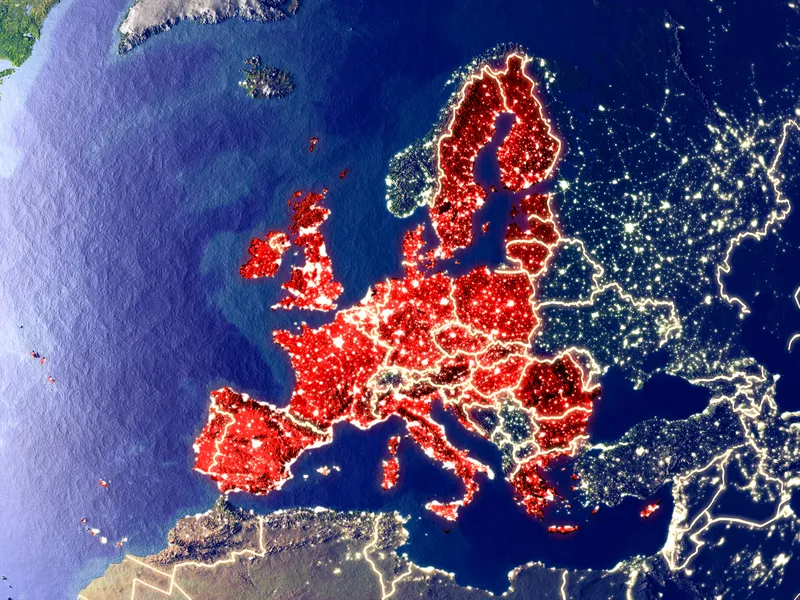People wishing to submit a presentation for the 48th Asecap Days event have just a few days to do so.
February 10, 2020
Read time: 1 min

Applications must be in by 15 February.
This year’s event in Brussels focuses on the contribution of the transport sector to the mobility challenges involved in reaching the carbon-free objectives set by the European Union’s Green Deal.
Topic areas include: infrastructure financing, sustainable transport solutions, road safety, connected and autonomous vehicle (C/AV) transport, and emerging technologies.
The 400-word abstract should be submitted here.
Applicants will be told if their abstract has been accepted by 15 March, with full papers accepted by 15 April. Asecap Days 2020 runs from 29 June-1 July.










